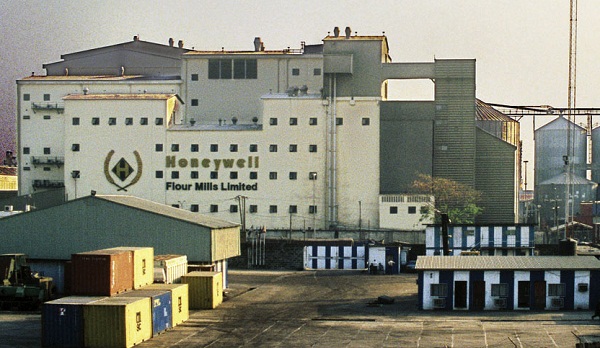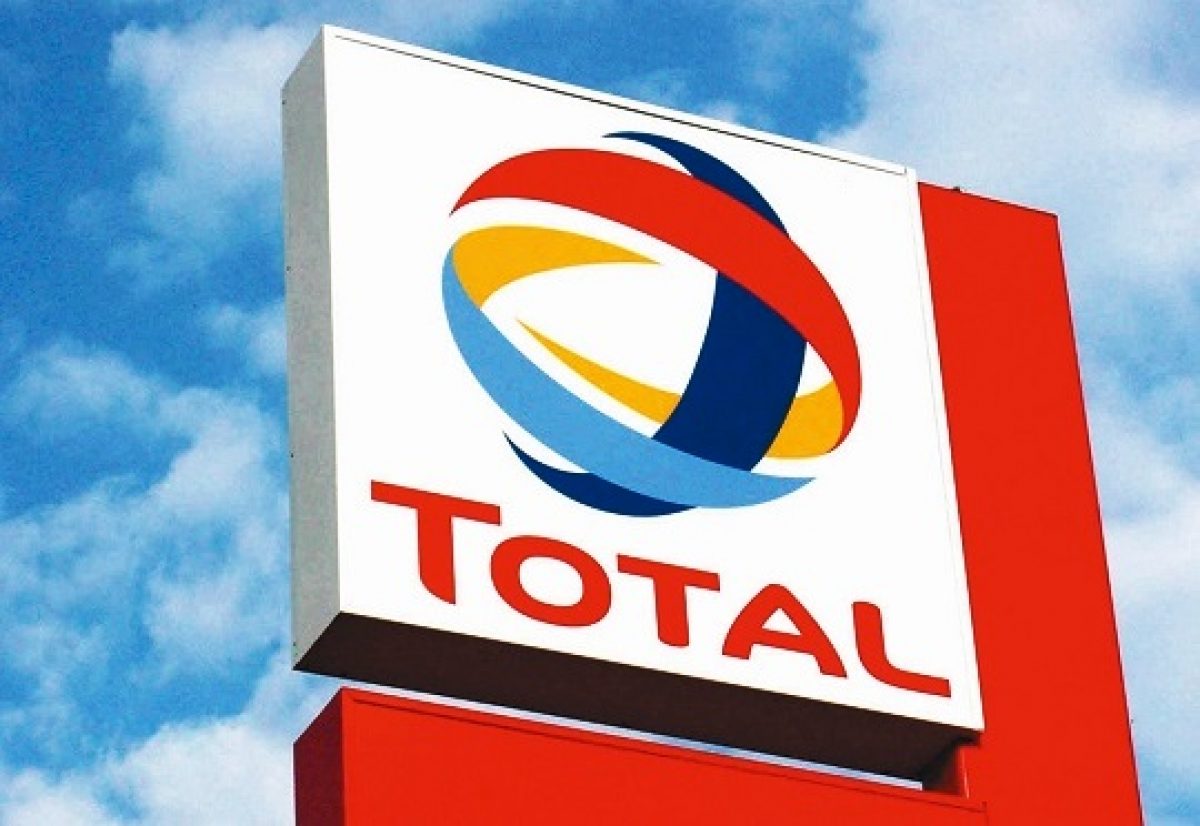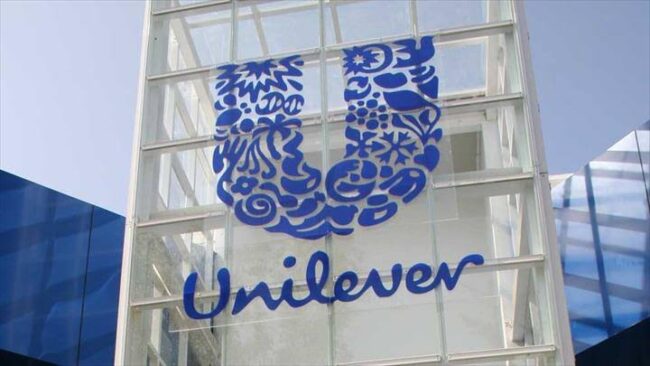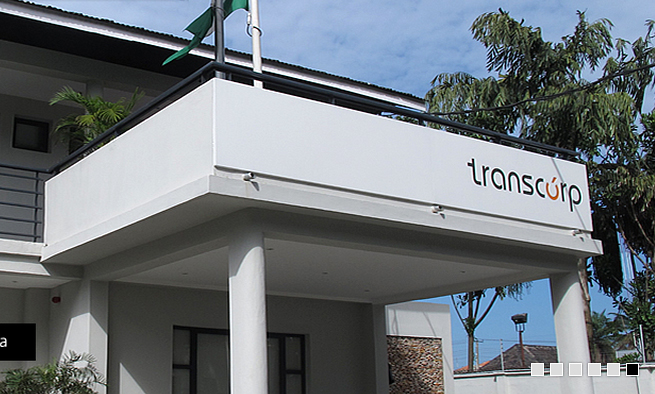Honeywell Flour Mills has surpassed its turnover target by posting an impressive 36 percent jump in revenue for the full-year ended March 31, 2021.
The food and agro-allied company generated N109.5 billion in revenue for the period while its operating profit grew to N7.6 billion from N5.5 billion.
Honeywell achieved this feat despite the negative impact of the pandemic which battered the global economy and disrupted supply chains of most consumer goods companies.
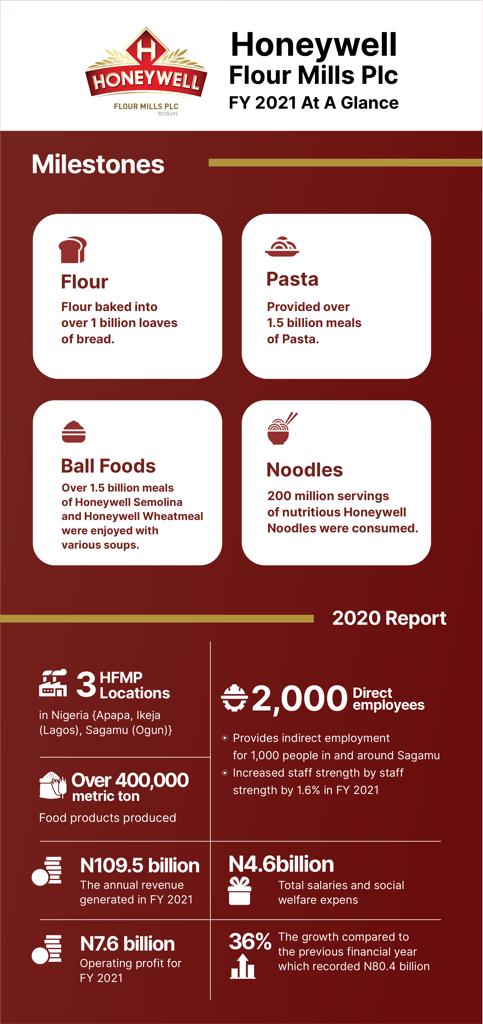
Advertisement
Last year, Lanre Jaiyeola, managing director of Honeywell Flour Mills Plc, during an interview shared the ambition of the company to cross the N100 billion turnover mark — this has been achieved in less than a year after. “In the future, the board and management have a lot of strategic initiatives around the growth of the company. Today the turnover of the business is below N100 billion. So, the ambition of the business is to cross the ₦100 billion turnover mark,” he had said.
The company said the turnover increase was achieved by focusing on improving business-to-consumer trade, building out distribution capacities, increasing production capacity and operational efficiency.
Its Apapa factory generated the highest revenue of N85.02 billion. It was followed by the new Sagamu factory, which generated N19.1 billion from the huge growth in Pasta demand. While its Ikeja factory — making Noodles and Pasta contributed N5.49 billion for the company.
Advertisement
Honeywell said the past year came with forex challenges and increased inflation which impacted the sourcing of raw and packaging materials. This reflected in the company’s cost of sales which grew by 41 percent to N93.9 billion from N66.5 billion in the previous financial year.
However, by introducing the efficiency measures and cost optimisation strategies, the company successfully reduced its selling and distribution expenses by 8 percent to N5.5 billion.
Honeywell also improved its operational efficiency by addressing logistics challenges to reduce the amount of time that goods and raw materials spend in transit.
It expanded its transport fleet, increased its third-party logistics service providers and commenced barge operations to move transport into the Apapa factory, where traffic gridlocks and major roadworks have created delays. It also runs satellite warehouses where customers can receive products in different parts of Nigeria — this has had a positive impact on the organisation’s customer service.
Advertisement
As an Industry, the Flour Mills Association of Nigeria (FMAN) has worked closely with the CBN and FMARD to support further development of the Wheat Value Chain in Nigeria – harnessing the capacity of wheat growers to develop their capacity to produce improved wheat varieties, cultivation techniques and provision of harvesting materials.
Meanwhile, the company has also invested in technology by upgrading its enterprise resource planning system (ERP) and comprehensively computerising its internal business processes, systems, and procedures. These have presented opportunities for growth, efficiency and cost-saving both in the short and long term.
Add a comment
